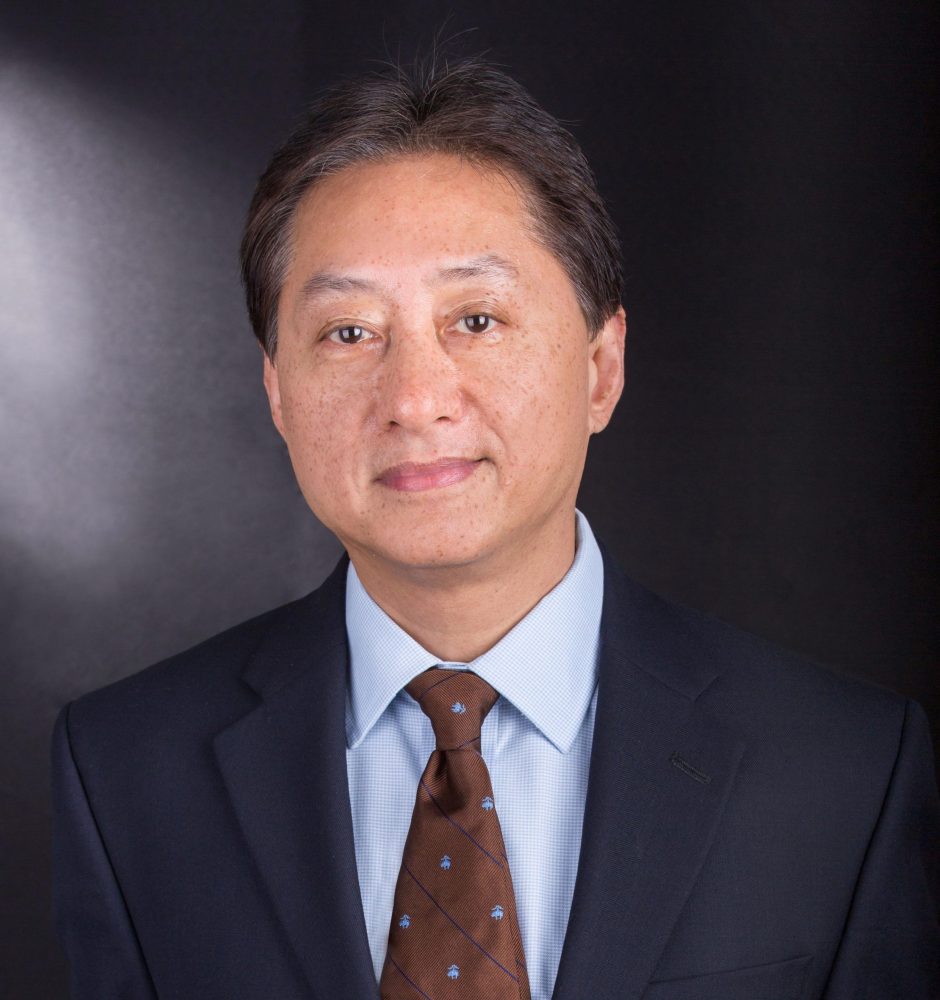By matching data on land transactions in China’s primary land market with detailed curricula vitae of board directors in publicly listed firms, we identify a pattern of ‘revolving-door’ exchanges between local officials and firms. The officials discounted the price of land that they sold to the said firms, and were subsequently rewarded with board appointments upon retirement. Specifically, these ‘client officials’ are three times as likely to be recruited by the ‘patron firms’ as board directors and enjoy a salary that is 23% higher, and 81% more company shares by comparison with directors who did not help firms to secure cheap land deals. All of these, however, are conditional on patron firms being able to receive a price discount, which averaged 19.4% when they purchased them in normal times. However, when client officials were constrained from providing a price discount during a surprise audit, the likelihood of client officials recruited as board directors was halved, with the price discount and extra compensation received by the patrons and clients, respectively, vanishing altogether. By providing evidence of the reciprocal benefits received by both parties, we demonstrate that the revolving door is used as a ‘payment’ rather than a ‘connection’ device in the Chinese context.

Past events can obviously have a profound effect on the future; but can these effects be measured and quantified? Two professors at the HKU Business School, Professor James Kung and Dr Chicheng Ma, and Dr Ting Chen of Hong Kong Baptist University, recently attempted to find out. They co-authored a paper on the impacts of China’s long-lived civil examination, the keju, on the modern-day society and economy of the country. They discovered that success in this ancient examination in particular locations led to a measurable effect on modern economic development in the same locations in the present day.
HKU Business School Professor James K.S. Kung has recently won the Royal Economic Society Prize for the best article published in The Economic Journal in 2020. His paper, “Long Live Keju! The Persistent Effects of China's Civil Examination System”, co-authored with Dr. Chicheng Ma and Dr. Ting Chen, examines the long-term consequences of China’s millennium-long civil examination system for human capital or educational outcomes.
China's civil examination system (keju), an incredibly long-lived institution, has a persistent impact on human capital outcomes today. Using the variation in the density of jinshi—the highest qualification—across 278 Chinese prefectures in the Ming-Qing period (c. 1368–1905) to proxy for this effect, we find that a doubling of jinshi per 10,000 population leads to an 8.5% increase in years of schooling in 2010. The persistent effect of keju can be attributed to a multitude of channels including cultural transmission, educational infrastructure, social capital, and to a lesser extent political elites.





